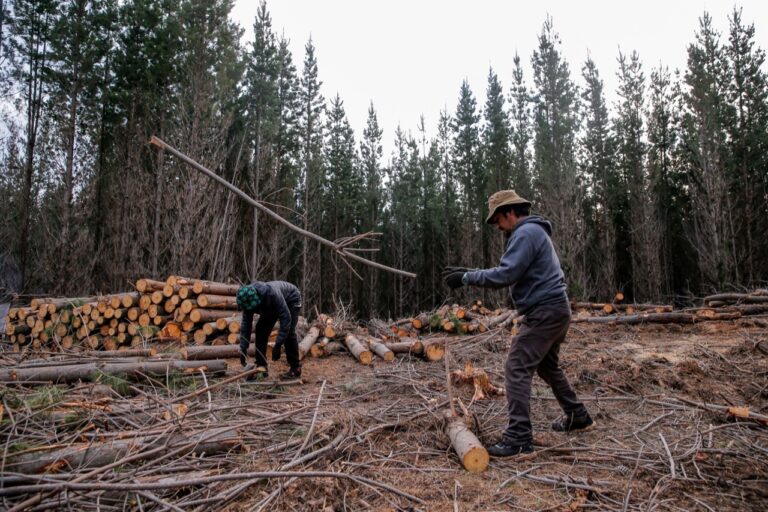The Inter American Press Association (IAPA) continues to highlight the potential risks associated with the establishment of a commission against disinformation in Chile, raising concerns about press freedom and the impact on independent journalism.
This statement was published on en.sipiapa.org on 14 July 2023.
The Inter American Press Association (IAPA) remains “alarmed” about the functions that the Commission against Disinformation recently created in Chile will have, which could affect freedom of the press and freedom of expression.
The chairman of the IAPA’s Committee on Freedom of the Press and Information, Carlos Jornet, was invited by the Chilean Senate Constitution Committee to present the organization’s point of view. Also speaking were the Minister Secretary General of the Government, Camila Vallejo, and the Minister of Science, Technology, Knowledge and Innovation, Aisén Etcheverry.
In her initial presentation, Vallejo said that in its first session, the Presidency’s advisory group specified that “the commission’s analysis will not cover the press,” that the commission “will not define what is true and what is not,” and that “one of the things that will not be done is to take punitive measures,” at a time when there are projects in Congress that “even speak of prison sentences for those who spread disinformation.”
Jornet said that these words dispelled some of the doubts raised by the IAPA but considered it a contradiction that the minister had pointed out the need to preserve and protect journalism without first consulting sector representatives.
On the issue of disinformation, Jornet, editor of the Argentine daily La Voz del Interior, said: “Not only should there not be policies directed specifically against the media, but we have to work on active policies. Because we, the media, are partly victims of this phenomenon, as we face increasing competition from social media, with an extraordinary volume of information that society is often unprepared to receive.”
In agreement with the position expressed by the IAPA in June that the Commission “could fall into the temptation of establishing censorship mechanisms,” Jornet added: “With striking frequency, in Latin America and other latitudes, governments tend to make decisions that restrict freedom of expression or seek to impose an official truth.”
“Governments often start with actions such as those being proposed here and then quickly turn to measures that generate censorship and resolve what is real and untrue.”
Jornet added that while this may not happen in Chile, “it does set off alarm bells, and we hope that it does not end up affecting freedom of the press and freedom of expression.”
The IAPA executive praised the debate in the Senate Committee. “It is a debate that all democracies must carry out, and it must be integrated with clear policies to protect journalistic activity.” He added: “While disinformation is an issue that concerns us, we do not believe that regulating is the way forward.”
Finally, Jornet agreed with Vallejo that the government should work intensively on media and digital literacy programs and reinforce with clear public policies to encourage the sustainability of journalism and the media, “weakened by the actions of digital platforms.”
Vallejo concluded by saying that after the Commission issues its final report in November, public discussions on the subject will be organized, and added that “this does not exclude the National Congress to debate and process the bills.”
At the time, the IAPA noted that the Declaration of Chapultepec and the Declaration of Salta left no loopholes for states to impose requirements, conditions, or guidelines on freedom of expression or disinformation. “The spirit of these documents is to defend freedom of the press and freedom of expression as essential principles of democracy and therefore prescribe that governments should not impose measures, to avoid the temptation to establish censorship mechanisms.”
On June 20, the Official Gazette published the decree creating the Commission against Disinformation within the Ministry of Science, Technology, Knowledge and Innovation. Its objective is to advise the General Secretariat of Government (Segegob) on disinformation and democratic quality, digital literacy, disinformation in digital platforms, and good digital practices. It will make recommendations on public policies.



